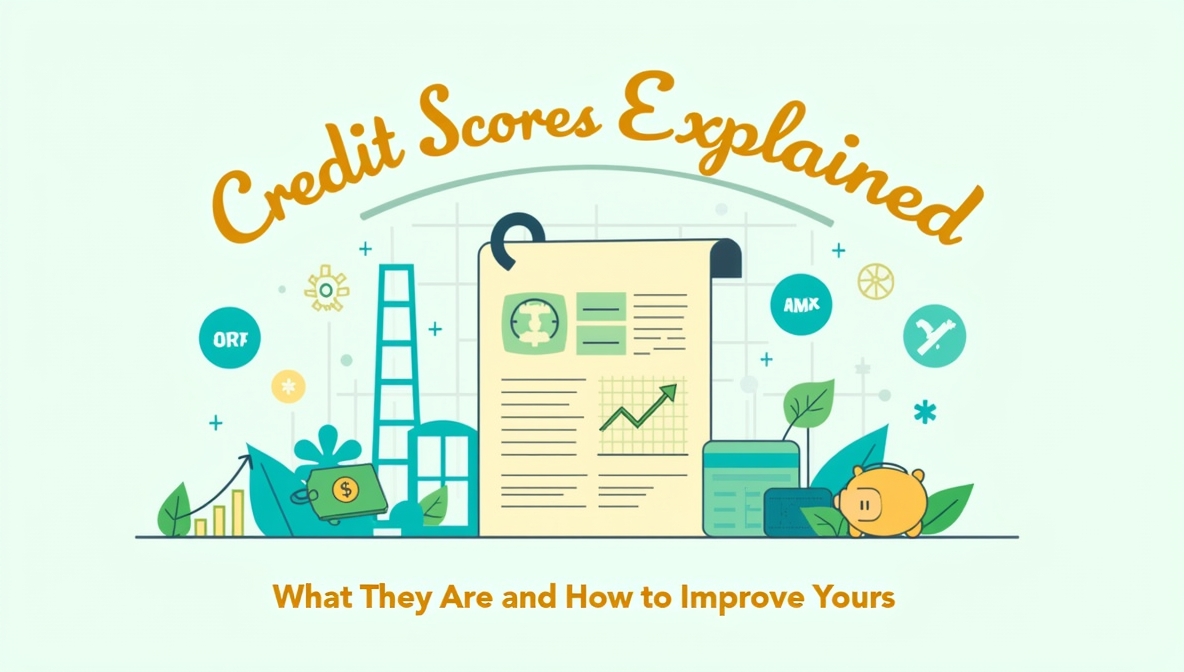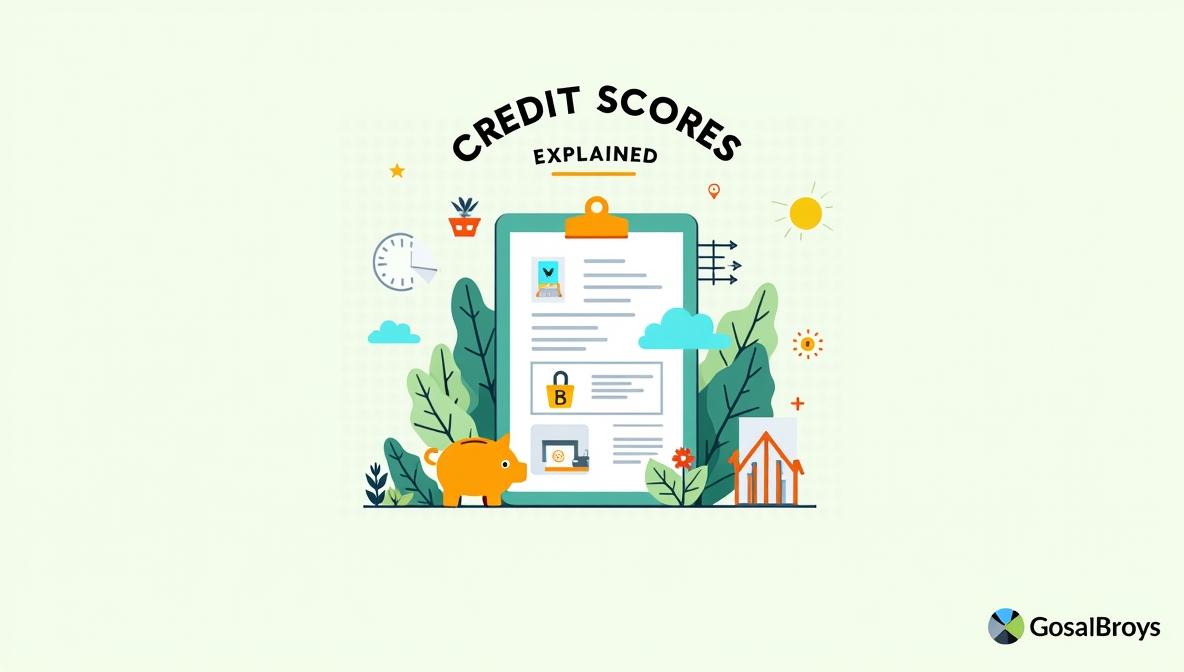Your credit score is more than just a number—it’s a reflection of your financial health. Whether you’re applying for a loan, renting an apartment, or even getting a new phone plan, your credit score often plays a role. A good score can save you thousands of dollars in interest, while a poor one can limit your opportunities.
In this article, we’ll explore what a credit score is, how it’s calculated, why it matters, and most importantly—how to improve it.
What Is a Credit Score?
A credit score is a three-digit number that represents your creditworthiness. It tells lenders how likely you are to repay debt on time. The most common type is the FICO Score, which ranges from 300 to 850:
300–579: Poor
580–669: Fair
670–739: Good
740–799: Very Good
800–850: Excellent
A higher score means you’re more likely to be approved for loans or credit and get better interest rates.
Why Does Your Credit Score Matter?
Your credit score affects more than just loans. It can impact:
Interest Rates – Higher scores = lower interest
Loan Approval – Lenders use it to assess risk
Renting a Home – Landlords may check your credit
Job Applications – Some employers review credit reports
Insurance Premiums – Better scores may get you lower rates
Improving your credit score can save you money and open up new financial opportunities.
How Is Your Credit Score Calculated?
The FICO scoring model is based on five main factors:
Payment History (35%)
Do you pay your bills on time? Late or missed payments hurt your score the most.Credit Utilization (30%)
This is the percentage of credit you’re using compared to your total limit. Experts recommend staying below 30%.Length of Credit History (15%)
The longer you’ve had credit accounts open, the better. Older accounts show stability.New Credit (10%)
Opening too many accounts in a short time can lower your score.Credit Mix (10%)
Having a mix of credit types (loans, credit cards, etc.) can slightly boost your score.
How to Check Your Credit Score
You can check your score for free through:
Credit card providers (many now show your score)
Free platforms like Credit Karma or Credit Sesame
AnnualCreditReport.com (free report from each bureau once a year)
Checking your own credit score does not hurt your credit.
How to Improve Your Credit Score
Pay Bills on Time
Set reminders or automate payments. One late payment can drop your score significantly.Lower Credit Utilization
If your card limit is $1,000, try to keep your balance below $300.Avoid Closing Old Accounts
Older accounts help your credit history. Keep them open if they’re not costing you money.Limit New Applications
Too many hard inquiries can signal risk. Apply only when necessary.Dispute Errors on Your Credit Report
Mistakes can happen. Review your report and dispute anything inaccurate.Use a Secured Credit Card
If your credit is low, a secured card can help you rebuild. Just be sure to use it responsibly.
How Long Does It Take to Improve a Score?
Improving your score isn’t instant, but you’ll start seeing changes in 1–3 months with consistent good habits. Major improvements can take 6–12 months or more depending on your situation.
Final Thoughts
Your credit score isn’t just a number—it’s a financial tool that can work for or against you. The good news is, no matter where you’re starting from, improvement is always possible. By understanding how scores work and making smart choices, you can take full control of your credit future.

